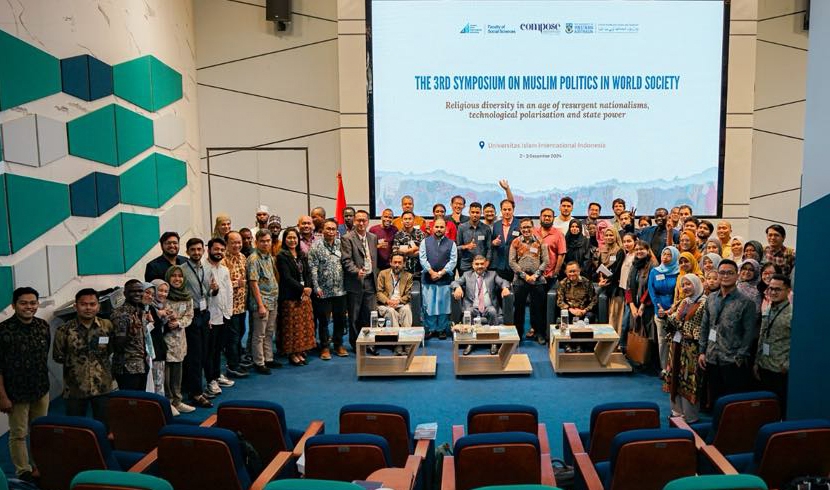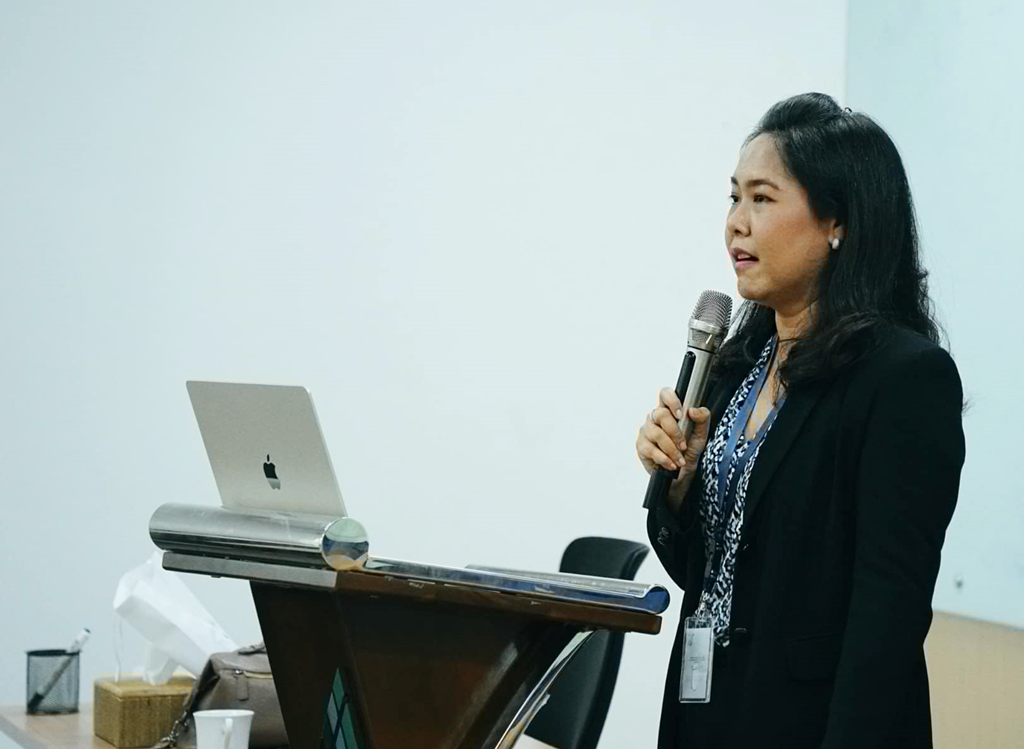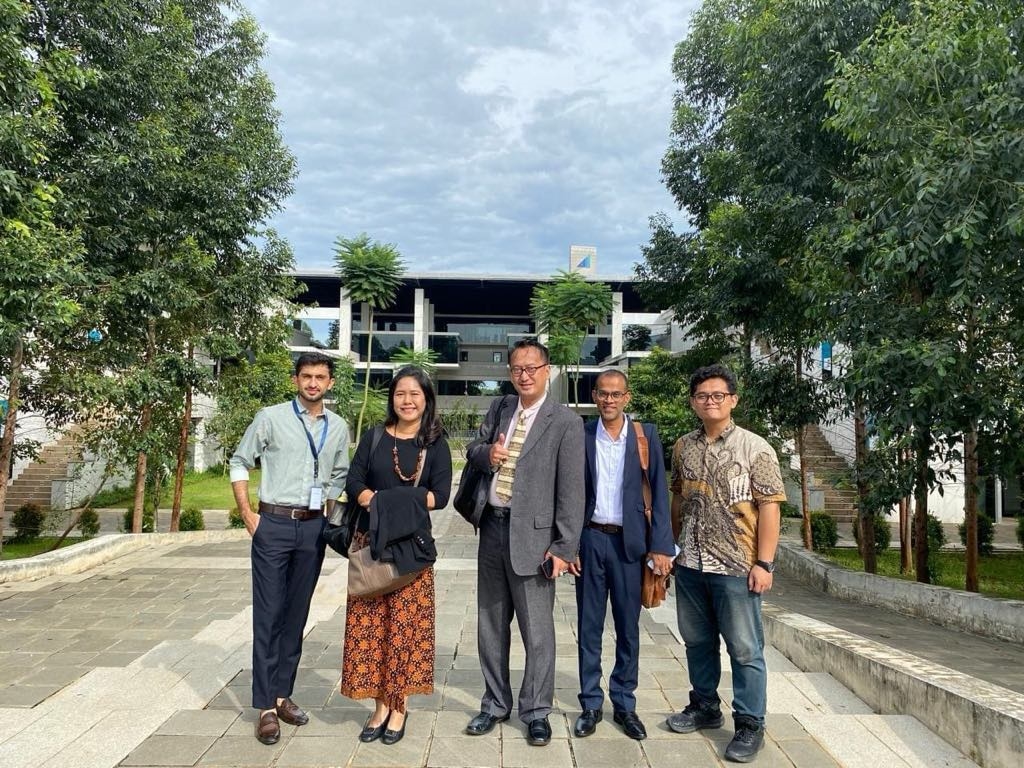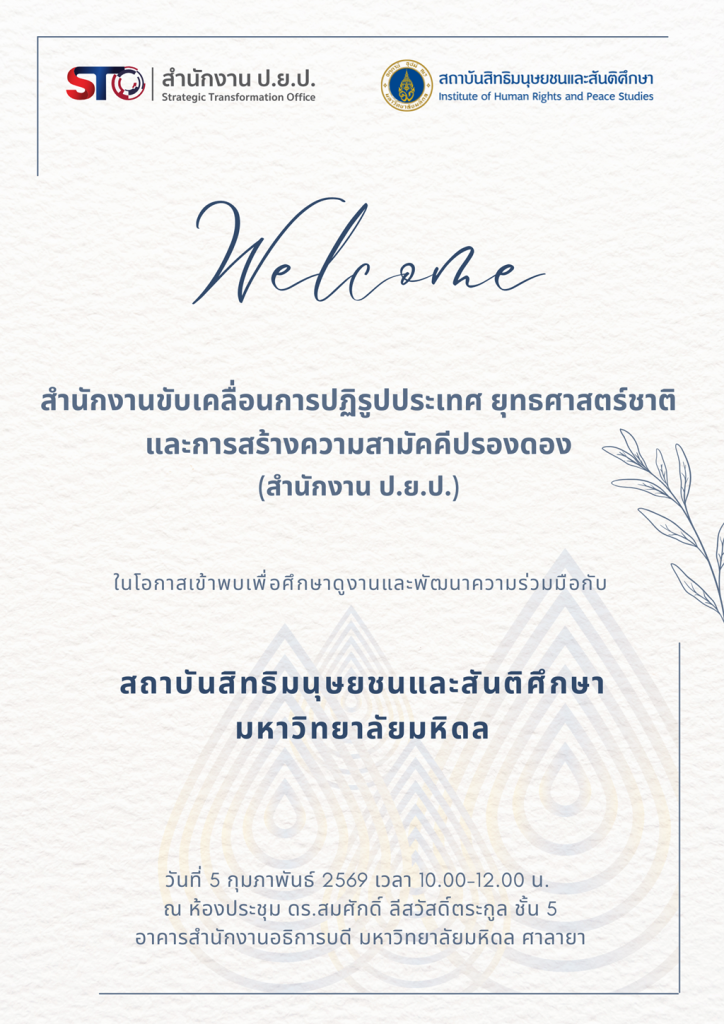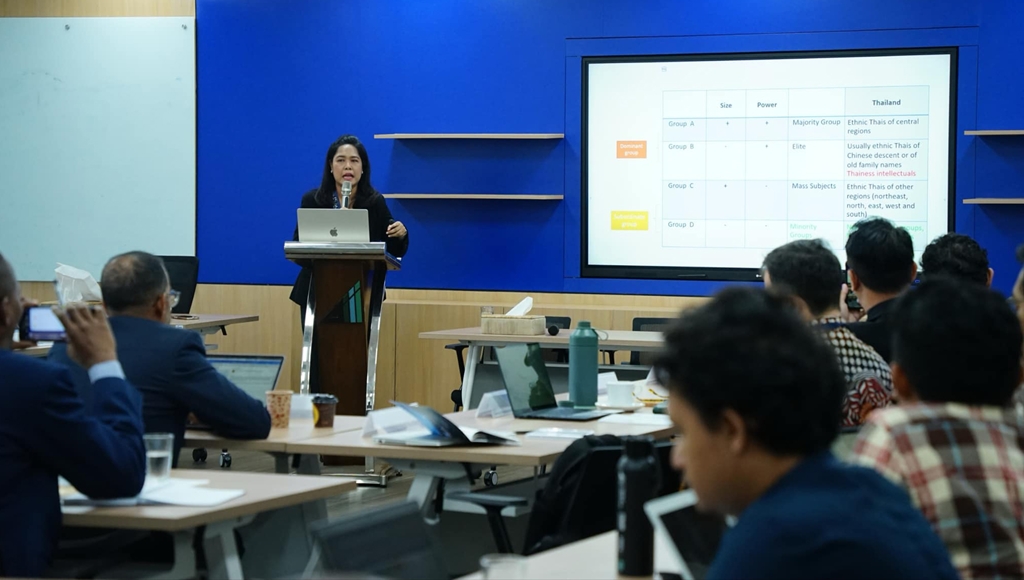
On December 3rd, Dr. Suphatmet Yunyasit served as one of the keynote speakers for the 3rd symposium of the Faculty of Social Sciences, University Islan International Indonesia (UIII). UII is quite a new university, being established 3 years ago with the full support of President Joko Widodo. It is aspired to be the hub of modern Islamic knowledge and a vehicle for Indonesia to connect more meaningfully with Muslims and non-Muslims around the world.
This symposium under the theme ‘Religious Diversity in an Age of Resurgent Nationalism, Technological Polarization and State Power’ is organized at UIII campus located in Depok, one of the satellite towns of Jakarta. The symposium’s key organizers were the Center of Muslim Politics and World Societies (COMPOSE), Faculty of Social Sciences of UIII and the Center for Muslim States and Societies of the University of Western Australia. More than 30 students and lecturers participated as paper presenters at the event. They are from various universities in South and Southeast Asia, namely Indonesia, the Philippines, Malaysia, Singapore, Bangladesh and Pakistan.
In her keynote address, Dr, Suphatmet shared her views in 5 areas: 1) the state of ethno-religious diversity in Asia and factors contributing to such diversity, 2) relationship between majority and minority groups in Southeast Asia and in the Buddhist predominant countries like Myanmar, Thailand and Sri Lanka, 3) the Exclusionary Buddhist Protectionism phenomenon and trend, 4) relationship between the state and minority groups in the Buddhist predominant countries and 5) case study of Thailand and her restive south. Participants were actively engaging in the Q and A session after her keynote address. Most of the audience, who are Muslims, expressed that they do not have much knowledge about the ethno-religious interaction in Buddhist majority countries like Thailand and Myanmar and what caused the increase in ethno-religious violence at the hand of the state. During the 3-day visit to UIII, Dr. Suphatmet also had the opportunities to share IHRP’s work with UIII’s management team and discuss some academic collaboration possibilities between IHRP and UIII.
